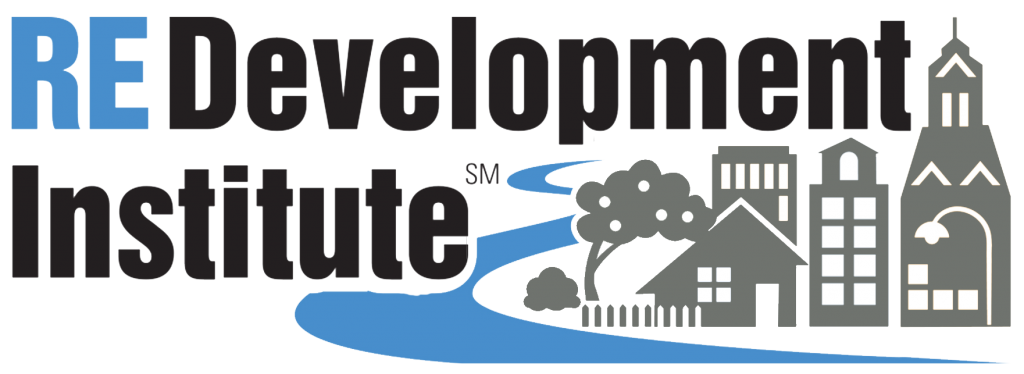
On June 4, 2020, the Department of Treasury and IRS issued Notice 2020-39. This Notice modifies the deadlines contained in Notice 2020-23 as described in my May 21st article. The new Notice issued on June 4th provides additional extensions of time to investors of qualified opportunity funds (QOFs) in response to the COVID-19 pandemic. Specifically, the following new relief has been provided to QOF investors and QOFs:
180-Day Investment Period (8-month extension): “If the last day of the 180-day investment period within which a taxpayer must make an investment in a QOF in order to satisfy the 180-day investment requirement falls on or after April 1, 2020 and before December 31, 2020, the last day of that 180-day investment period is postponed until December 31, 2020.”
90-Percent Asset Test (potential extension through June 30, 2021): If the QOF holds less than 90% of its assets in Qualified Opportunity Zone Property on the semi-annual testing dates between April 1, 2020 and December 31, 2020 due to reasonable cause as defined in section 1400Z-2(f)(3) and that failure does not prevent disqualification of the entity as a QOF, the QOF will not be liable for the statutory penalty under section 1400Z-2(f) during that period.
30-Month Substantial Improvement Period (8 month extension): “The period beginning on April 1, 2020 and ending on December 31, 2020, is disregarded in determining any 30-month substantial improvement period (that is, the 30-month substantial improvement period is tolled during the period beginning on April 1, 2020, and ending on December 31, 2020).” In other words, the 30-month substantial improvement period is extended by eight (8) months.
Working Capital Safe Harbor for Qualified Opportunity Zone (QOZ) Businesses (24-month extension): Projects that meet the requirement for the 31-month working capital safe harbor rule have an additional 24 months in which to expend their working capital.
12-Month Reinvestment Period for QOFs (potential 12 month extension): “If any of the QOF’s 12-month reinvestment period includes January 20, 2020 (that is, the date of the disaster identified by the Major Disaster Declarations [issued by the President of the United States]) that QOF receives up to an additional 12 months to reinvest in QOZ property some or all of the proceeds received by the QOF from the return on capital of the sale or disposition of some or all of the QOF’s qualified opportunity zone property.”
Notice 2020-39 is authorized pursuant to 26 U.S.C. 7508A which provides that “a period of up to one year may be disregarded in determining whether the performance of certain acts is timely under the internal revenue laws” in a “Federally declared disaster” which means “any disaster subsequently determined by the President of the United States to warrant assistance by the Federal Government under the Robert T. Stafford Disaster Relief and Emergency Assistance Act” (the Stafford Act). On March 13, 2020, the President of the United States issued an emergency declaration pursuant to the Stafford Act in response to the COVID-19 pandemic which instructed the Secretary of the Treasury “to provide relief from tax deadlines to Americans who have been adversely affected by the COVID-19 emergency” and then issued major disaster declarations pursuant to the Stafford Act that declared major disasters beginning on January 20, 2020 for all 50 states, the District of Columbia and five territories, which includes all the qualified opportunity zones.
Investors are encouraged to review Notice 2020-39 for further details, including the forms to be filed with federal tax returns in connection with the above extensions of time. Additional information can also be obtained from the IRS’ Coronavirus Tax Relief and Economic Impact Payments page.
All quotations in this article are from Notice 2020-39.
View all content by Brad Carney, Esq.

